Loan approval is traditionally manual and time-consuming. Manually checking each application against dozens of rules (income, credit score, debt ratios, etc.), verifying documents, and routing for approvals can take days or weeks. Errors and omissions are common, leading to compliance risks and delays. Automating the loan origination workflow solves these problems across all loan types (personal, business, mortgage, etc.). Automated systems process applications in real time, enforce consistent policies, and flag issues instantly. In fact, modern lending automation can cut decision times from days to minutes while reducing manual errors. For example, by automating credit checks and data entry, lenders can significantly speed approvals and improve accuracy.
Nected is a low‑code/no‑code decisioning and workflow platform built for this purpose. It lets banks and fintechs define complex loan rules and orchestrate end-to-end workflows without writing code. With Nected, you can connect to your data, build eligibility and risk rules, and then sequence each step of the loan process (data intake, credit check, manual approval, notification, etc.) in a visual workflow. The platform’s rule engine and workflow builder automate repetitive tasks, enforce underwriting policies, and integrate with external services — all while logging every change for compliance.
Nected’s Key Automation Features
- Rule Engine:Nected’s no-code rule engine lets you encode eligibility, risk scoring and policy logic with simple conditions. You can combine multiple criteria (for example,
Income >= 30000 AND CreditScore >= 750) and apply actions like approvals or rejections. The rule editor supports decision tables and custom logic, so complex loan policies (salary checks, debt ratios, fraud flags) are enforced automatically. When a rule triggers, Nected can update your database or call external services. For instance, a loan approval rule can auto-insert an approval record or flag an application in your system. - Workflow Builder:Once rules are defined, Nected’s visual workflow builder sequences them into a complete process. You can drag-and-drop steps such as “Eligibility Check”, “Credit Bureau API Call”, “Manager Approval”, and “Finalize Loan” to model your business flow. Each node’s output can feed into the next one, so you can route applications differently based on risk or loan type. For example, low-risk loans might skip manual review, while higher-risk cases go to an underwriter. The workflow engine handles branching, parallel steps, and waits for external tasks, making it easy to automate end-to-end underwriting.
- Third-Party API Integrations:Nected comes with many connectors and a generic REST API connector. You can integrate with credit bureaus, KYC/AML services, bank statement aggregators, and more. In the rules or workflow, simply add an API action to call any external service (e.g. Equifax API, Plaid for bank data, or an internal microservice). For example, a workflow step might call a credit-score API and write the result back into the loan record. Nected also has built-in connectors for common tools (Slack, Google Sheets, databases like MySQL or MongoDB), so you can pull application data or send notifications without custom coding.
- Versioning & Audit Logs:Every rule and workflow change in Nected is version-controlled. You can publish a new version of your loan policy and, if needed, roll back to a prior version. Nected automatically logs all executions and edits, capturing who changed a rule, when, and why. This audit trail is critical for compliance in lending. Regulators and auditors can review the log to verify that each loan followed the correct policy and to track any exceptions. In short, Nected’s built-in versioning and detailed audit logs ensure transparency and governance of your lending processes.
- Access Control:You can control who can view or modify rules and workflows. Nected provides granular role-based permissions, so only authorized staff (e.g. credit managers, compliance officers) can change underwriting logic. This protects against accidental or unauthorized edits. For example, a loan officer may have permission to run workflows but not to alter policy rules. Fine‑grained access control keeps the decisioning process secure and auditable.
Together, these features make Nected a “Swiss‑army knife” for loan automation: you can ingest data, apply rules, call APIs, log everything, and control access all in one platform.
Step-by-Step: Building a Loan Approval Workflow
Building a loan workflow in Nected typically follows these steps:
- Gather Applicant Data:Connect Nected to your data sources. Use the DataSet feature to query your databases (e.g. borrower profiles, credit history) or ingest data from a loan application form. For example, you might connect to a customer database to fetch income, employment, and existing loan data. Nected supports connectors to common databases (Postgres, MongoDB, MySQL, etc.) and also allows custom SQL/NoSQL queries. This ensures each application’s data (salary, debts, etc.) is available to the rules without manual uploads.
- Define Eligibility Rules: Use the rule engine to encode your lending criteria. Create a rule and add conditions based on loan policy. For instance:
- Rule: IF
Income >= 30000 AND CreditScore >= 750 AND DebtRatio < 0.4 THEN Eligible = True. - Rule: IF
CreditScore < 600 THEN Flag = “High Risk” or auto-reject.
The rule editor lets you combine multiple conditions with logical operators. Behind the scenes, Nected will evaluate these for each application. You can also incorporate data fetched via APIs (for example, pull recent loan balances from another system). Once a rule fires, you can configure it to set an outcome (eligible/declined) or trigger an action (see next step). - Add Actions and External Checks:In each rule, define what happens on match. Nected rules can perform database updates or call APIs as actions. For example, you might add an action to invoke a credit bureau API after passing the basic eligibility rule. If the rule’s conditions are met, Nected will automatically call the API and store the returned score or report. Similarly, you can integrate KYC/AML checks here (e.g. call an ID verification service). This ensures all needed verifications (credit check, employment verify, identity check) happen within the workflow.
- Sequence the Workflow: Open the Workflow Editor and orchestrate the steps. Start with a node that runs the eligibility rule. Then add nodes for additional checks or approvals. For example, you might connect the “Eligibility Passed” output to a “Credit Check” rule node. Use connectors so the output of one step (like a credit score) feeds into the next rule. You can also insert manual tasks – for instance, if an application falls into a gray area, route it to an underwriter node for review. Nected’s drag‑and‑drop interface makes it easy to map this flow. Internally, it chains your rule engine steps, database actions, and API calls in order.
- Finalize Decision and Notify: At the end of the workflow, include a final rule or step that issues the decision. For example, you may have a rule that if all prior checks pass, the loan is Approved, otherwise Declined. Configure the final action to update your loan database (e.g. set status to “Approved”) and trigger communications. Nected can send emails or messages (via its connectors) to inform the customer and relevant staff. It can also log the outcome in your reporting system. This wraps up the workflow: an application enters, rules and checks run automatically, and a clear decision is recorded without manual intervention.
Deployment, Testing, and Monitoring
Once the loan workflow is built, you’ll want to test and deploy it carefully. Nected provides a sandbox environment for safe testing. You can iterate on rules and workflows in staging without affecting live data. When ready, publish the workflow to production. Nected supports both cloud and on-premise deployments, so you can comply with your IT policies.
During rollout, use version control: each change is a new version so you can rollback if something goes wrong. Train your team on the audit logs. For each loan processed, Nected will record which rule versions were used and what decisions were made.
After deployment, monitor performance. Nected offers real-time monitoring and dashboards. You can track how many loans are processed per hour, how many are auto-approved vs. manual, and where bottlenecks occur. Alerts can be set up for failures or exceptions (for example, if an API call fails). Together with the audit trail, this monitoring ensures the automated loan process runs reliably and transparently.
Business Benefits
Automating loan workflows with Nected delivers clear business value:
- Faster Approvals: Automation dramatically cuts processing time. Tasks that once took days (e.g. manual credit checks, form entries) are instant. Nected customers report development time cut by up to 85% and approval cycles shortened proportionally. Faster turnaround means higher throughput and happier customers.
- Improved Accuracy: Consistent, rule-based processing eliminates human errors like data entry mistakes. Lenders benefit from standardized decisions – every application is checked against the same policy. Automated validation (e.g. feeding data from APIs instead of retyping it) also reduces compliance gaps.
- Regulatory Compliance: With built‑in audit logs and versioning, you can prove compliance. Every decision and rule change is timestamped and attributed, supporting audits and regulatory reporting. Policies can be updated centrally (e.g. a change in debt-to-income limits) and deployed immediately across all loans, ensuring rule enforcement is always up-to-date.
- Scalability and Flexibility: A digital rule engine scales easily to thousands of applications. Nected handles any loan type – personal, business, mortgage – with the same underlying workflow engine. Its high customization means you can tailor rules for each product line. And because it’s low-code, business users can update rules without heavy IT effort, letting you respond quickly to new loan products or regulations.
- Better Customer Experience: Rapid, reliable decisions delight customers. Borrowers get answers sooner (often instantly), and self-service portals can feed into Nected’s automated process. Automated notifications keep applicants informed. According to industry data, faster approvals and self-service options significantly boost customer satisfaction and retention.
In summary, automating loan approval with Nected lets businesses lend smarter – speeding up loans, improving decision quality, ensuring compliance, and easily scaling as demand grows. With its rule engine, workflow orchestration, integrations and governance features, Nected turns a complex loan process into a fast, auditable, and efficient workflow, benefiting lenders and borrowers alike.
Conclusion
Automating loan approval isn’t just a matter of convenience—it’s a strategic advantage for any lending business. Whether you're handling personal loans, SME financing, or mortgage underwriting, relying on manual reviews limits speed, increases errors, and exposes your process to compliance risks.
Nected solves this by giving your team complete control over decision logic, workflow orchestration, and third-party integrations—all within a scalable, auditable, low-code system. Every rule is traceable. Every process is replicable. And every outcome is explainable.
If you're looking to reduce turnaround time, eliminate manual dependencies, and enforce loan policies reliably at scale, Nected provides a production-grade platform to automate it all—without building from scratch.
FAQs
1. Can Nected be used for automating any type of loan approval?
Yes. Nected is loan-type agnostic. You can build workflows and rules for personal, home, business, auto, or custom financing products. The platform adapts based on your business logic.
2. How does Nected fetch credit scores or perform KYC checks?
You can integrate any third-party API—such as credit bureaus, KYC vendors, or financial data providers—directly inside Nected’s rule or workflow nodes. It supports RESTful APIs and lets you conditionally call them as part of your automation flow.
3. What happens when a rule or API fails during the workflow?
Nected lets you handle failures gracefully using fallback paths, error branches, or notifications. You can configure the workflow to retry, send alerts, or route to manual review when something breaks, ensuring your automation remains robust.
4. Can business teams modify loan approval rules without engineers?
Yes. Nected’s no-code rule editor is designed for non-developers. Product, operations, or credit teams can update logic independently—without needing to involve engineering. You can also set approval layers using maker-checker flows before deploying changes.
5. Is the system compliant and auditable for financial use cases?
Absolutely. Every rule change, API call, and decision taken is versioned and logged automatically. You get full visibility into who made changes, when, and why—meeting internal governance and regulatory audit needs.




.png)
.svg)
.webp)

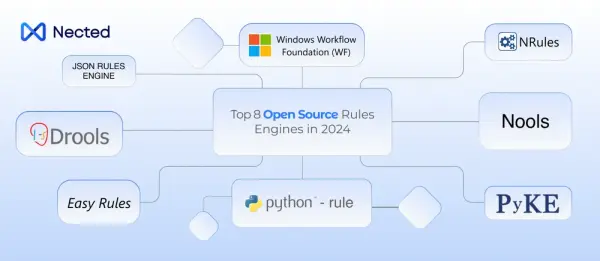




.svg)


.webp)


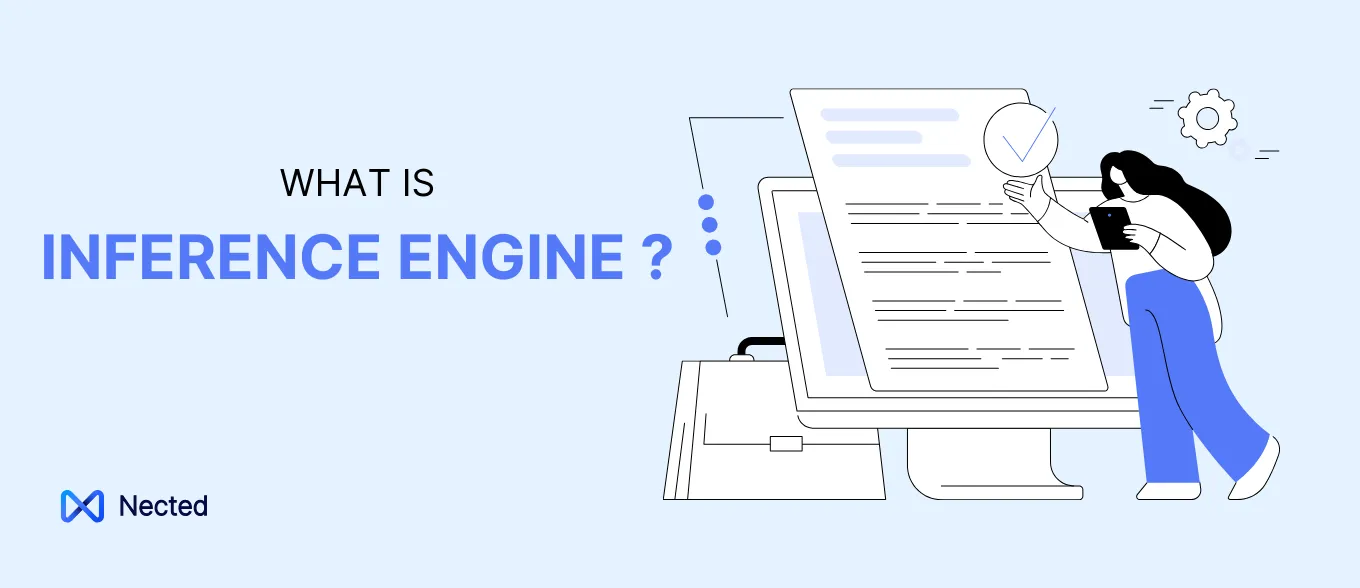
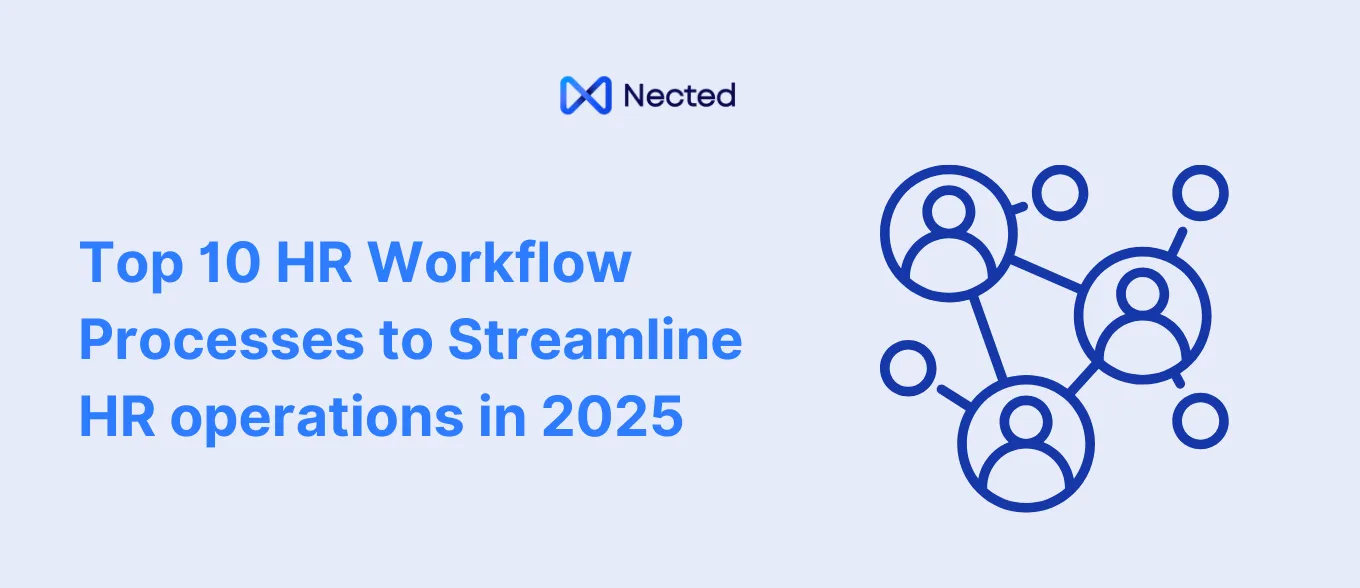



.webp)

.svg)





.webp)

.svg.webp)
.webp)






.webp)

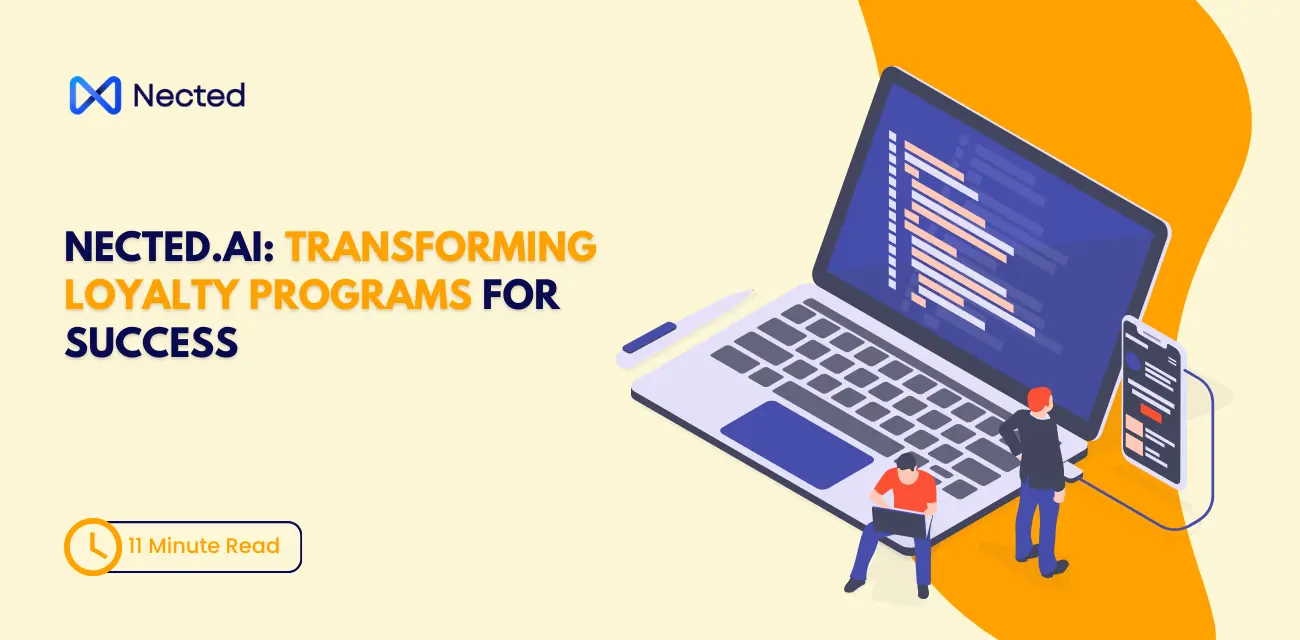
%20m.webp)
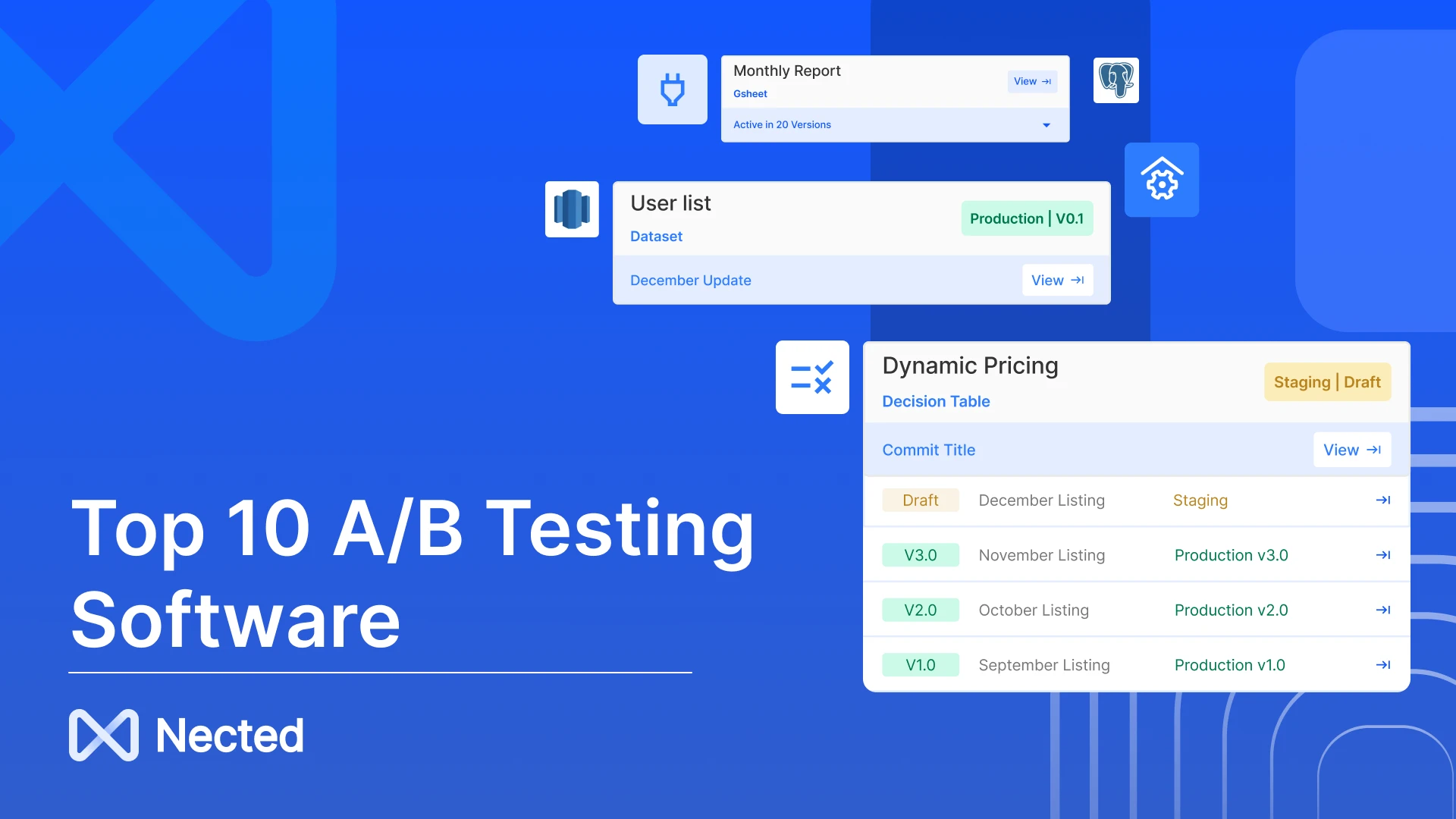
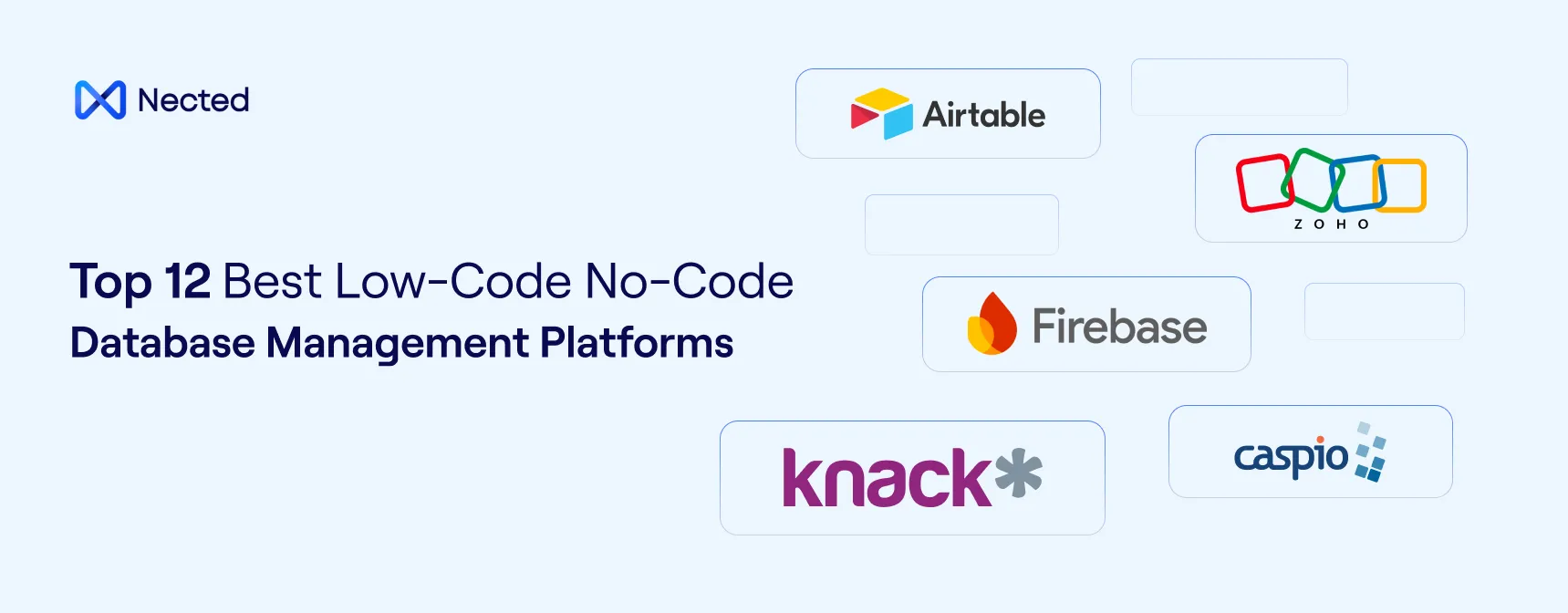

.webp)
.webp)
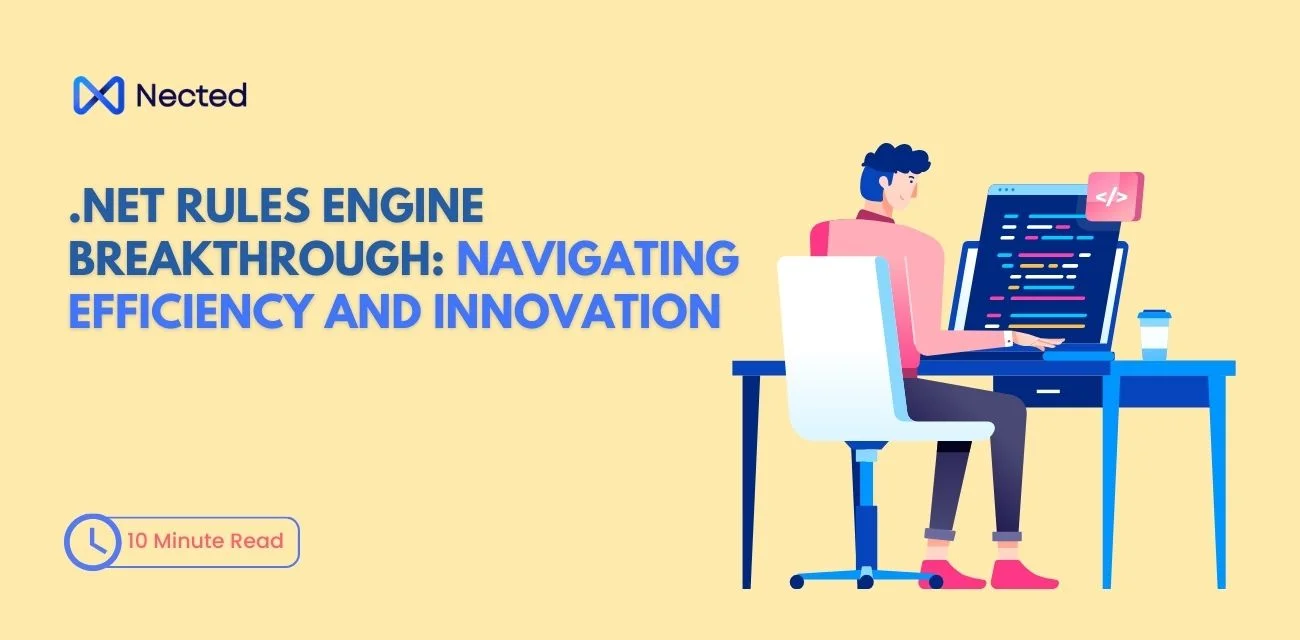





%20(1).webp)
